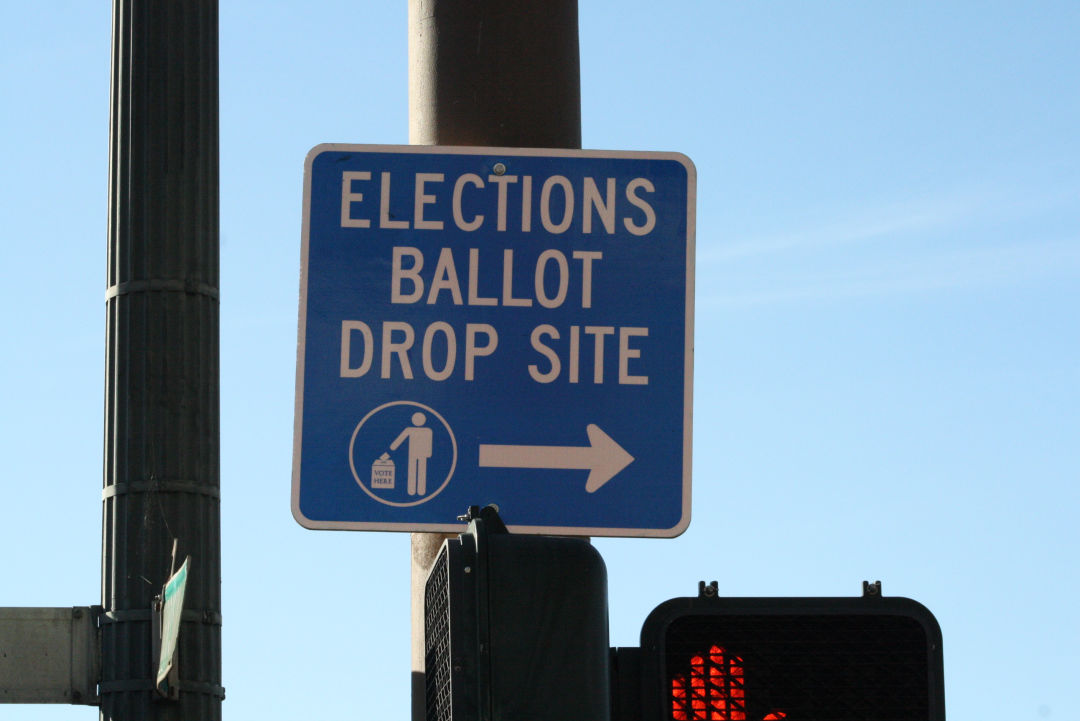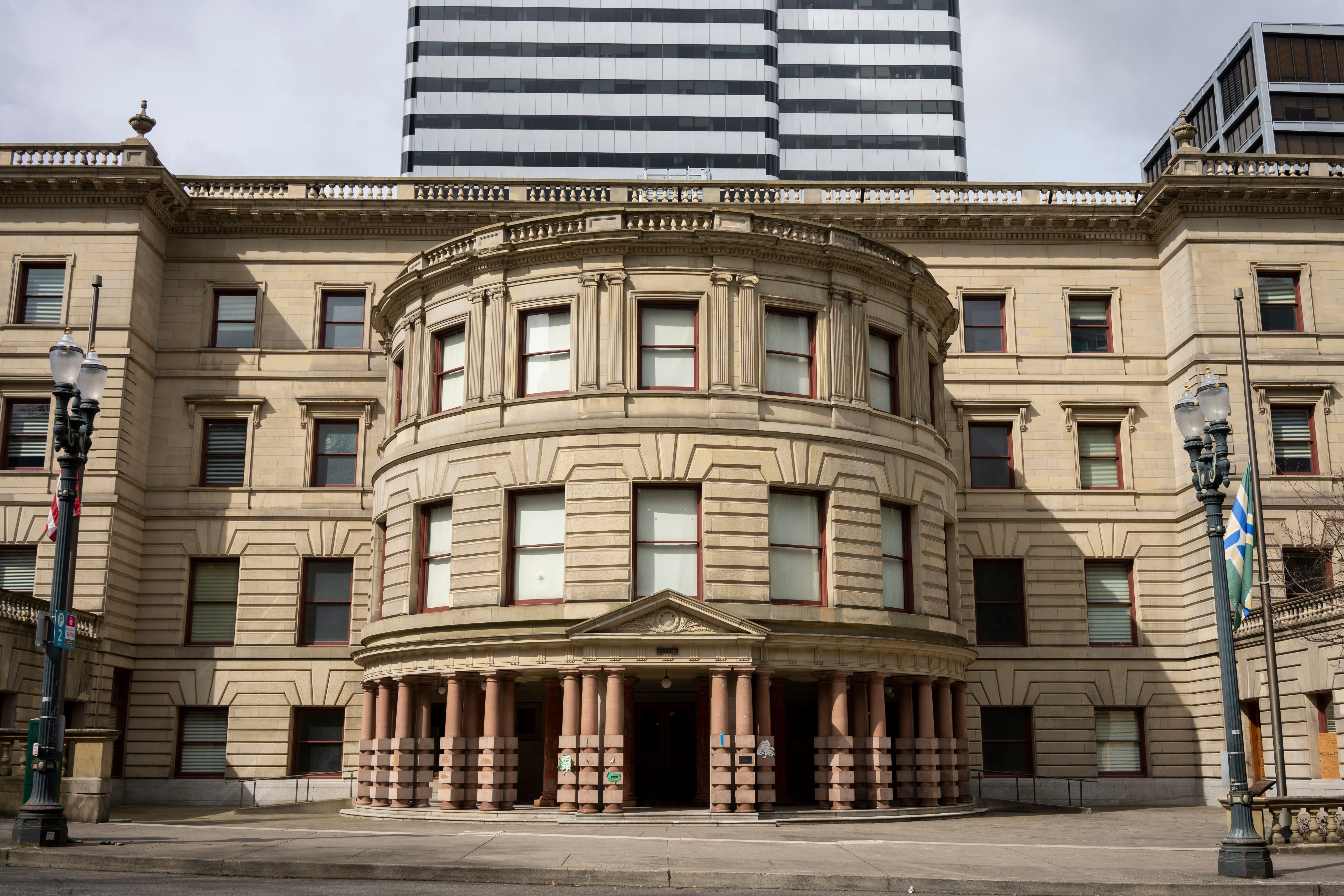Oregon’s Voter Registration Deadline Is Tuesday, October 18

It’s a fact:* voting gives you clearer skin, better vision, more lustrous locks, a certain je ne sais quoi. (*It’s not actually a fact, but it sure does feel good, and this November's local ballot is chock-full of city council races, a three-way gubernatorial extravaganza, Portland charter reform, a state measure to limit legislative walk-outs, and more.) And in Oregon, a pioneer when it comes to mail-in ballots, you don’t even need to leave the house to do it. All you need to do is register in time: Oregonians have until 11:59 p.m. Tuesday night, October 18, to register to vote or update their address for a mail-in ballot. Ballots will be mailed out as soon as the next day.
In Oregon, you can register to vote if you are a US citizen, at least 16 years of age, and resident of Oregon. (If you’re 16 or 17, though, you won’t receive a ballot yet for any election that happens before your 18th birthday.) Anyone with an Oregon driver’s license or permit, or a DMV-issued ID card, can register online.
If you don’t have an Oregon DMV–issued ID card, or if it’s expired, you’ll need to fill out a paper form (available online, at post offices and libraries, and at county elections offices) and mail it with a postmark no later than October 18, or visit your county elections office before it closes on October 18. In Multnomah County, voters can register at the county’s Duniway-Lovejoy Elections Building at 1040 SE Morrison St or in Gresham at the Voting Center Express, 600 NE Eighth St. Both locations are open 8 a.m. to 7 p.m. on the October 18 registration deadline.
A lot of voters might be registered already and not even know it. Oregon’s “motor voter” law, which took effect in 2016, automatically registers you to vote when you get a license or other DMV-issued ID. But people who are registered that way must follow up later if they want to register with a political party and participate in a partisan primary. Many new registrants don’t bother to take that step, or are simply not interested in joining a party. The increase since 2016 in the number of nonaffiliated voters can complicate May's closed primaries, which have party-specific ballots for many races, leaving nonaffiliated voters with no say in party nominees for governor, the state legislature, and most other partisan races. (Our neighbors in Washington, by contrast, have ended most party primaries and adopted a top-two runoff system for most elections.)
College students who live here but aren’t from Oregon may register here or in their home state, but not both. The residency requirements for voting are looser than the residency requirements for in-state tuition, so that status has no effect on where they can choose to use their voice and vote. (They’re also looser than the residency requirements to actually run for office, as would-be gubernatorial candidate Nick Kristof learned earlier this year.) Find special instructions here for military and overseas voters, voters experiencing homelessness, voters who do not want to disclose their home address, and voters with a disability who need assistance.
Even if you are registered, it can't hurt to make sure you registration is still active and that your ballot is headed for the right address. Any registered voter who hasn't received their ballot by October 27 should contact their county elections office. Ballots must be signed, sealed, and delivered to a drop box or postmarked and mailed before 8 p.m. on Election Day, which for the 2022 general election is Tuesday, November 8.




